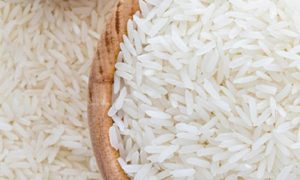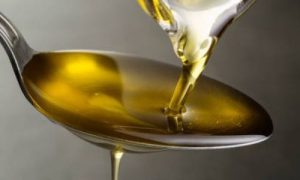Pakistan : CCP urges govt to lift ban on setting up of new sugar mills

Pakistan’s Competition Commission has urged the government to lift its long-standing ban on new sugar mills, deregulate pricing, and encourage competition to counter shortages and rising prices. Hearings against 80 mills over alleged cartelization are scheduled for September 2025. The government is also importing sugar to stabilize the market.
ISLAMABAD: The Competition Commission of Pakistan (CCP) has sent a strong recommendation to the federal government asking it to lift a decades-old ban on the establishment of new sugar mills, a move aimed at countering falling domestic production, supply shortfalls, and rising consumer prices.
The CCP will also convene hearings in cases of over 80 sugar mills from September 2025 in cases of alleged cartelization by the sugar industry.
Sources told Business Recorder that the policy shift comes amid a renewed sugar price crisis, with rates soaring in wholesale and retail markets.
The government attributes the instability not just to lower sugarcane output but also to alleged market manipulation by dominant sugar mills and retailers.
At the center of the policy conversation is the Competition Commission of Pakistan (CCP), which has been actively investigating cartel-like behavior in the sugar industry and pushing for regulatory reform to restore fair market conditions.
In its latest advisory to the federal government, the CCP recommended (i); lifting the ban on new sugar mills to break the oligopoly of existing players.
(ii); Deregulation of sugar pricing, allowing the market to determine fair consumer and producer prices.
(iii); Enhancing competition by encouraging new entrants in both production and distribution.
(iv); Ending reliance on mill-reported data, which has historically been used to justify sugar exports and stock decisions, often to the detriment of consumers.
The CCP’s internal assessments have identified repeated instances of data misreporting, coordinated stock hoarding, and price manipulation by the Pakistan Sugar Mills Association (PSMA) and its affiliated mills. These practices have led to artificial shortages, unwarranted export approvals, and unjustified price hikes.
In 2021, CCP imposed a record Rs 44 billion fine on PSMA and its members for collusive practices, including fixing sugar prices and sharing sensitive commercial data. However, the order was set aside by the Competition Appellate Tribunal (CAT) in early 2024 due to procedural issues.
Following the tribunal’s ruling, the CCP has now scheduled a fresh rehearing of the sugar cartel case, set for September 22–25, 2025. The Commission has already issued notices to over 80 sugar mills and warned that no further adjournments will be entertained.
The Pakistani government, under the Ministry of National Food Security and Research, decided to import approximately 350,000 tonnes of sugar to stabilize domestic prices and prevent shortages after the period of exports.
However, the imported sugar has not yet reached Pakistan; the first shipments are expected to arrive in early September and the rest in late September to address domestic shortages and stabilize prices.
The government has been placing orders and establishing Letters of Credit for significant quantities of sugar since July 2025.
While sugar mill owners argue that rising costs of production justify higher prices, farmers allege delayed payments and unfair procurement practices.
Consumers, on the other hand, face erratic availability and sharp price spikes, especially during key seasons.
The CCP has highlighted this dual imbalance, emphasizing the need for transparent market operations and fair pricing mechanisms that benefit both producers and end users.
As the government signals a decisive shift in sugar policy—opening doors to new investments and enhanced competition—the outcome of the upcoming cartel rehearing and follow-through on CCP’s reform roadmap will determine whether Pakistan’s sugar market can finally escape its cycle of collusion, shortages, and price shocks.
If implemented effectively, the combined push for deregulation, enforcement, and market liberalization could mark a major step toward restoring public trust and stabilizing one of the country’s most politically sensitive commodities.
To Read more about Sugar Industry continue reading Agriinsite.com
Source : Business Recorder

















